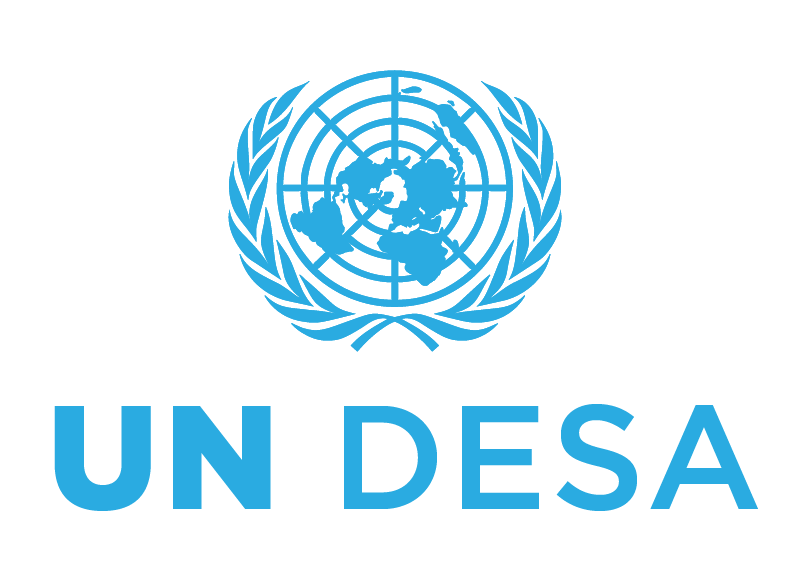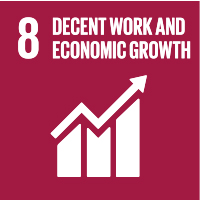Technical assistance, expertise and implementation; Policy, advocacy and convening power
World Youth Report: Youth Social Entrepreneurship
The UN DESA's 2019 World Youth Report on Youth Social Entrepreneurship: An Integrated Development Solution Toward the 2030 Agenda examines youth social entrepreneurship through the lens of the 2030 Agenda for Sustainable Development. It also provides policy guidance to Member States for the development of national ecosystems supporting and leveraging youth social entrepreneurship as a tool in the realization of the SDGs.







